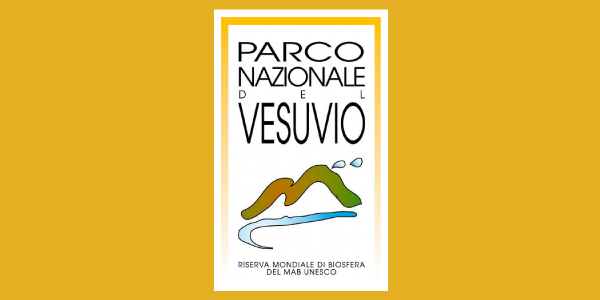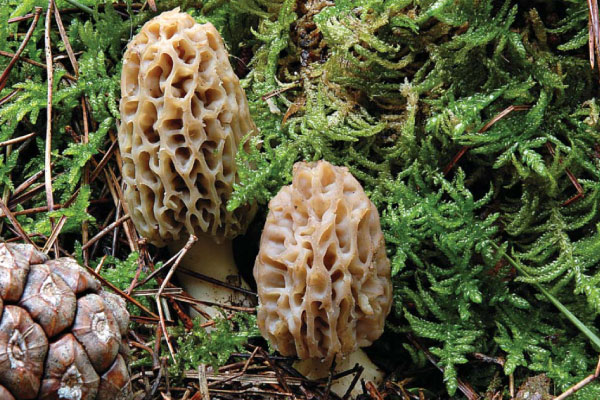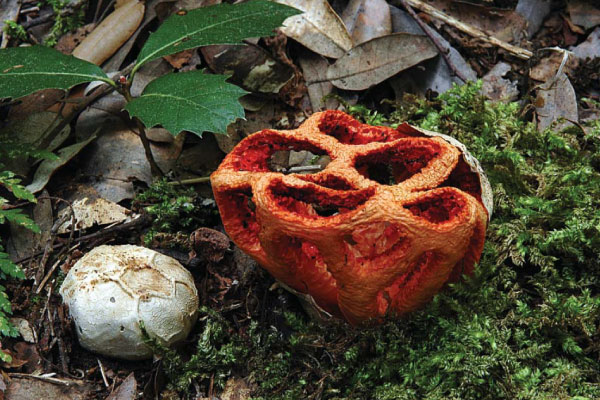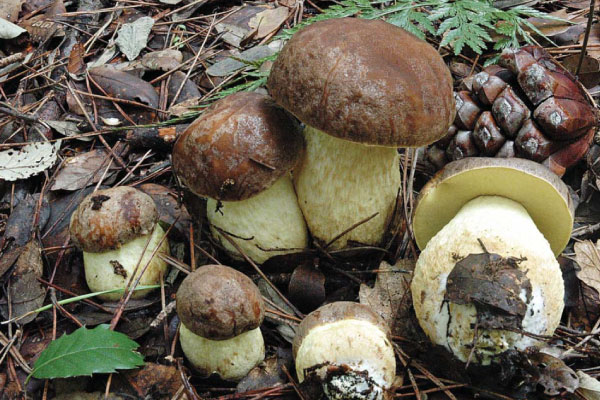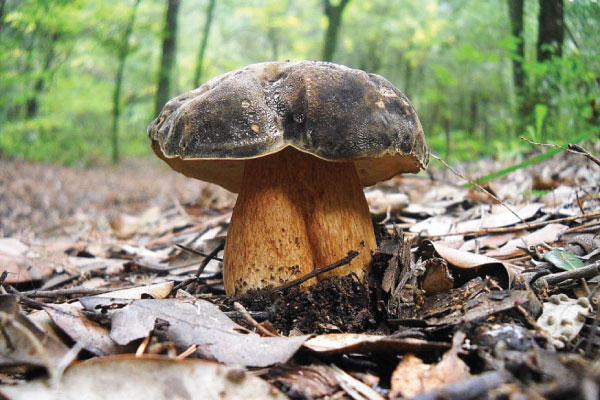Mushrooms are extremely controversial organisms: considered in the past as part of the plant kingdom and by some scholars even of the animal kingdom, they actually represent a group of its own; unlike plants, mushrooms are heterotrophs, i.e. they are not able to produce the substances they need independently, but they depend on other organisms for nutrition.
Because of this and other characteristics mainly linked to the reproductive system through spores and to the peculiarities of its tissues, they have been classified as a separate kingdom.
Mushrooms occupy a specific place in biological cycles; they corrode the organic plant and animal material, thus contributing to the decomposition of organic residues not directly usable by plants. Many mushrooms also establish specific symbiotic relationships with tree species, providing them with minerals that are essential for their metabolism.
Armillaria mellea / © Raffaele Capano
In the park there are more than 200 species of epigean fungi, some of which are very rare and interesting.
This great diversity in such a small territory and above all poor in water is also due to the fertility of Vesuvius lava soils, which favour a singular and abundant growth of mushrooms.
Within the area of the Vesuvius National Park, the collection of mushrooms is forbidden and subject to authorization for residents of the Municipalities of the park territory, who must however comply with the provisions contained in the specific regulations for the collection of edible epigean mushrooms in the territory of the Vesuvius National Park.
